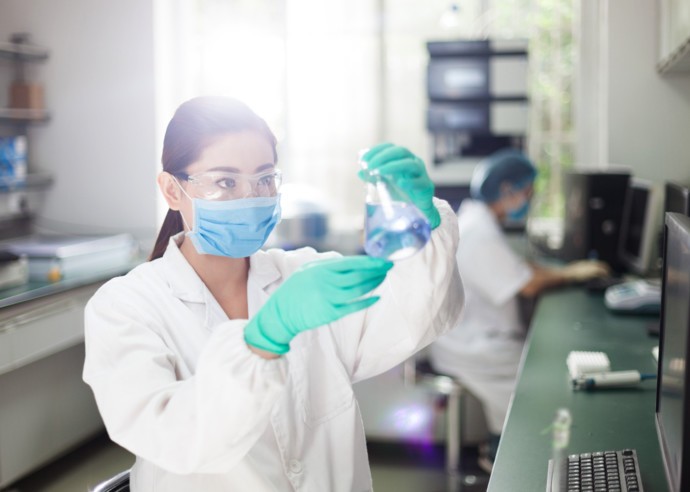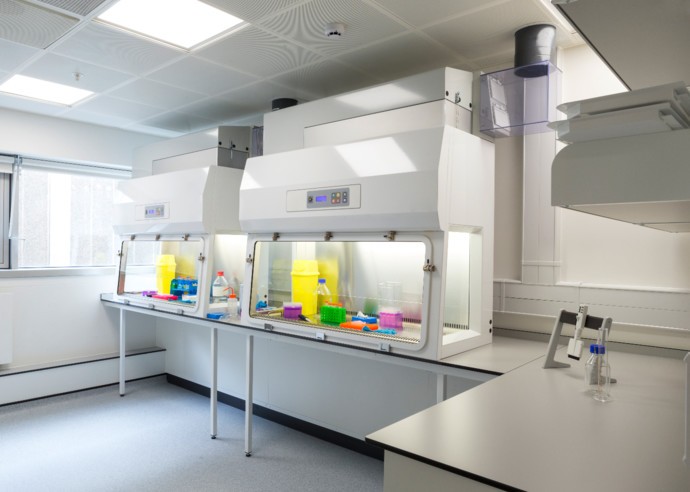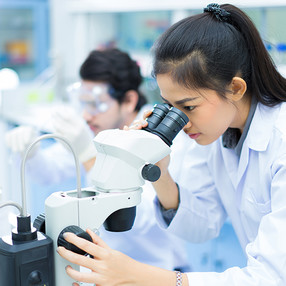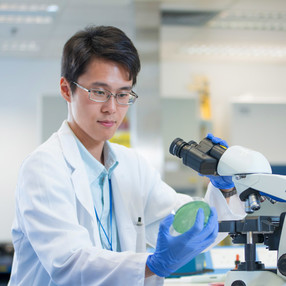Chemistry knowledge
Chemists must have the knowledge of the chemical composition, structure, and properties of substances and of the chemical processes and transformations that they undergo; including uses of chemicals and their interactions, danger signs, production techniques, and disposal methods.







